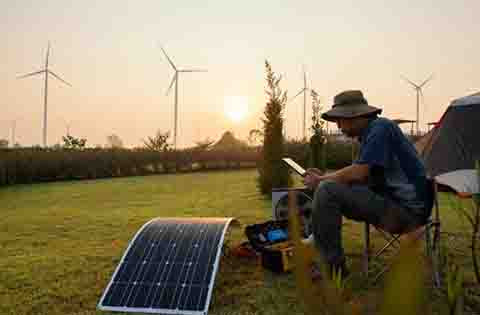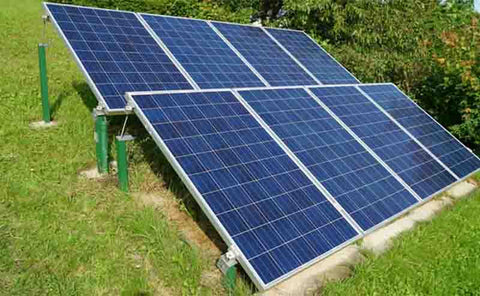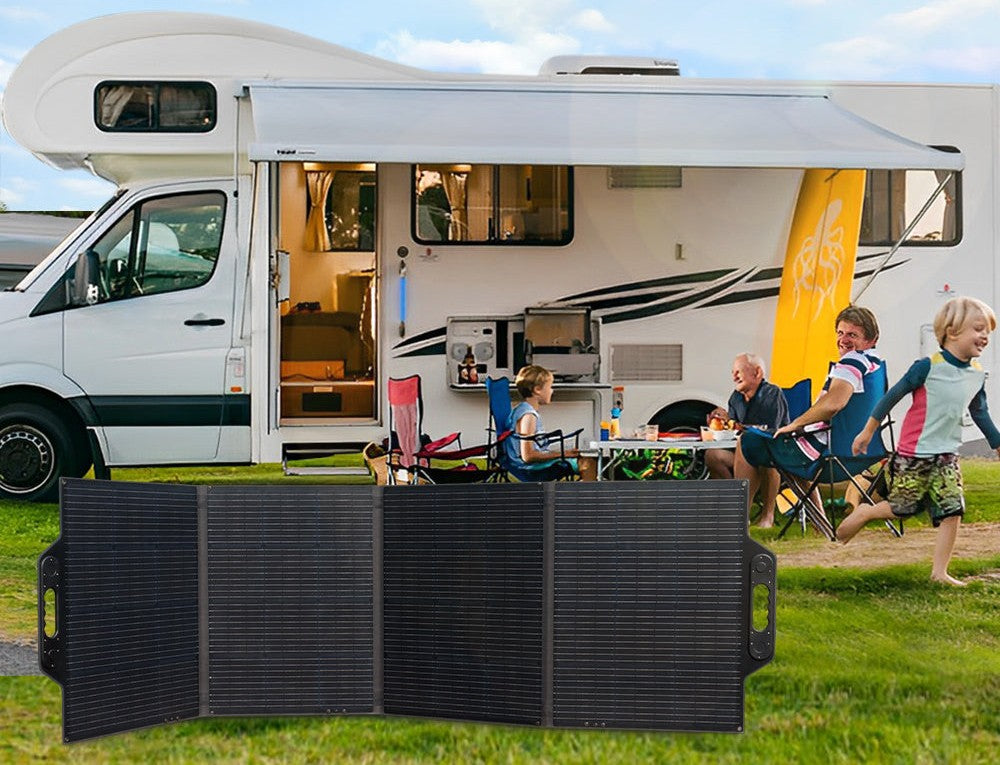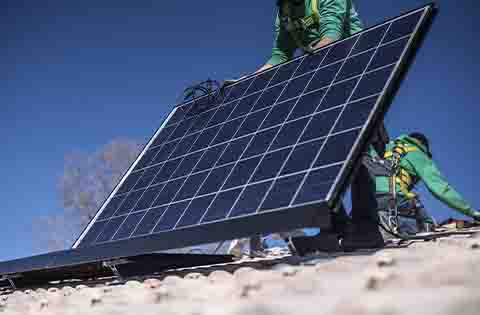Many people are drawn to solar power. One of the major reasons is to avoid planned and unexpected power outages. And this is vital for those who need to power critical devices and appliances. So how do we store solar energy to ensure your system works effectively, day or night?
And what are your options? It turns out there are many, and the technology is evolving rapidly. Scientists around the world are experimenting with different energy storage opportunities. However, the leading technology available to homeowner may surprise you. Let`s explore your options.
Lead-acid batteries are the cheapest option
Lead-acid batteries provide the most cost-effective options for building your battery bank. These batteries rely on centuries-old technology that has stood the test of time in terms of reliability. Over time, two main types of lead-acid batteries emerged:
Flooded: Flooded batteries are the cheapest batteries you can purchase for your solar array, but they require routine maintenance. Homeowners must continue to top them up with distilled water to preserve battery life and functionality. You also need to vent them properly to release toxic gases.
Sealed: AGM and gel are two types of sealed lead-acid batteries used to address the concern of how to store solar energy. These batteries do not require you to refill the fluids. As a result, they cost a little more than flooded batteries.
Lithium batteries cost less over time
There’s no doubt about it. The upfront cost of lithium batteries is high, but is it worth it? Most experts agree that the benefits far outweigh the cost. Lithium batteries cost about twice that of lead-acid batteries, but you can generally expect to replace a lead-acid battery three times during the 10-year lifespan of one lithium battery. Ideally, you should never discharge lead-acid batteries below 50% since doing so will damage the battery over time. Meanwhile, you can discharge lithium batteries down to 20% or less without an issue. Finally, you can mount lithium batteries at any angle, making them perfect for space constraints.
Net Metering is a temporary alternative for how to store solar energy
If your home is currently on the grid, there is no immediate need to add a battery bank. While this represents the ideal setup and one you should aim for, you can start with net metering. This arrangement with the power company converts the excess power your solar panels generate into credits that you can use to purchase energy at night or when your usage exceeds what your panels provide. Not all power companies allow net metering, but it’s a cost-effective alternative to batteries if it’s available in your area. You can then build and expand your battery bank as your budget allows to gain true energy independence.
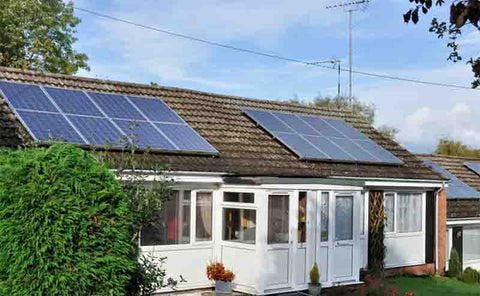
SOLARPARTS Can Show You How to Store Solar Energy. Whether you need help figuring out which battery is right for you or need installation, you’ve come to the right place. At SOLARPARTS, we find the solution you need to meet your energy needs – from solar design to a battery bank. We’ll also provide you best solar panel, solar charger and other accessories. Are you ready to get started? Contact us today!
Twitter: Solarparts Instagram: Solarparts
Tumblr: Solarparts Pinterest: Solarparts
Facebook: Shenzhen Solarparts Inc
Email address: Philip@isolarparts.com
Homepage: www.isolarparts.com
